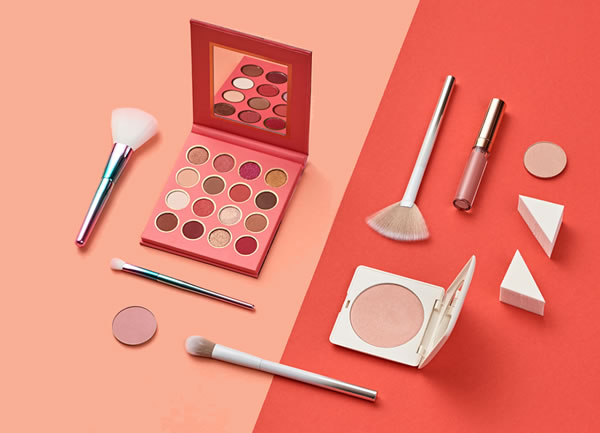Despite the delay in full lockdown restrictions being eased, we can still enjoy the outdoors with friends and family, take staycations in the UK and even think about the possibility of certain overseas holidays. Staying safe in the sun is more important than ever, and effective use of sunscreens is an important part of this. CTPA explains why you can trust that your sunscreen will deliver the protection it promises.
Which? Sunscreen Report
Which? magazine has published its annual report about sunscreens. While the article provides helpful information, disappointingly Which? has raised questions about the efficacy of some sunscreens which we understand could cause alarm.
Dr Emma Meredith, Director-General of CTPA and a pharmacist says:
“CTPA is concerned that the claims made by Which? could cause unnecessary worry about the protection we can get from sunscreens, and could even discourage people from using them at all. Using sunscreen is an important part of sun safe behaviour and something that we should encourage, and never undermine.
“Not only is it a legal requirement to substantiate a cosmetic claim, such as SPF and UVA protection, a lot of skill and expertise are also required. Manufacturers’ sunscreen development regimes are lengthy, robust and based on a wealth of evidence in addition to product testing. We can be confident that our sunscreens provide their claimed SPF and UVA protection.”
“Due to ongoing restrictions on international travel, many people will be holidaying in the UK this summer or enjoying the sunshine in their own gardens or in local parks. However, according to a YouGov survey by Cancer Research, 68% of people would be more likely to use sun protection abroad rather than in the UK, and 1 in 10 UK adults don’t use any sun protection at all in the UK. It’s so important that when you’re enjoying the sun in the UK this summer, don’t forget to stay sun safe and the good news is that we can all be confident in the protection offered by our sunscreens.”
Confidence in Strict Safety Laws
Sunscreens are classed as cosmetic products in the UK and the EU and are covered by strict laws in both regions. In the UK, this law is the UK Cosmetics Regulation and it has our safety, and therefore the safety of the products we use, at its core. All cosmetic products placed on the UK and European markets must comply with these strict laws which are in place to not only ensure human safety but also to protect consumers from misleading claims about performance and other characteristics of cosmetic products.
Companies Must Have Evidence for Product Claims
All advertising must be legal, decent, honest and truthful and must not mislead us. An important legal requirement under cosmetic law is that the company must be able to prove any claim they make for a product. This includes any claim; for example, the SPF number, UVA protection or water resistance, for sunscreens. The robust evidence behind the claims is available for the enforcement authority, Trading Standards, to scrutinise as part of their role in enforcing the laws that cosmetics companies must follow.
As well as these legal requirements under the cosmetics legislation, claims made by cosmetic products in advertising are subject to other strict controls. In the UK this is overseen by the Advertising Standards Authority (ASA). All television advertising in the UK must be pre-approved by Clearcast, an organisation which ensures the adverts are not misleading, harmful or offensive.
Sunscreen Development and Testing Is an In-Depth Process
Sun product developers and manufacturers take their responsibilities very seriously in providing us all with the correct information about sunscreens. Much time, resource and money are invested into developing products, but also in developing robust and reliable test methods.
There is a lengthy development process for sunscreen products and manufacturers base their on-pack protection claims on an extensive level of knowledge and testing during development of the product before it is ready for sale.
Firstly, cosmetic formulators carefully select the UV filters they want to use, because different UV filters absorb different wavelengths of UV light, so a combination is needed to achieve broad UVA and UVB protection. Also, some UV filters are more suited to spray products, some to lotions, and so the product type is taken into account.
Tests throughout the process build up a body of evidence for that product, in addition to historical knowledge of the UV filters and how previous formulations were developed. If the results of the testing are not consistent with what is expected at any stage of the process, then re-testing and analysis is done.
Companies will only sell the product when the whole package of development test data and the final SPF test results and UVA test results match. This complete process is the best way to be sure that the SPF number and UVA protection on a product are correct.
Read more about sunscreens, including water resistant and durable sunscreens here.
Cancer Research YouGov survey: All figures, unless otherwise stated, are from YouGov Plc. Total sample size was 1,110 GB parents of children aged 18 and under. Fieldwork was undertaken between 11th – 12th July 2019. The survey was carried out online. The figures have been weighted. Further information at Cancer Research UK.


